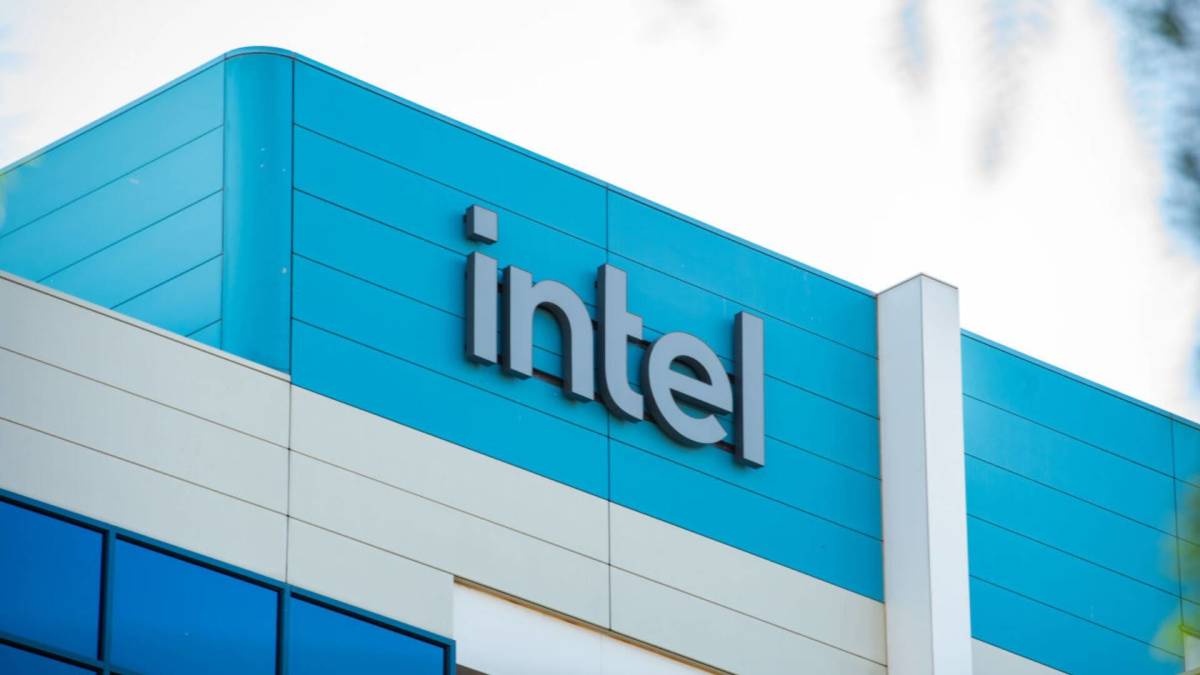It is no secret that Intel (INTC) is currently behind in the chip manufacturing race, compared to its competitors Nvidia, IBM, and Samsung.
Intel’s failure to upgrade its chip manufacturing processes mainly contributed to it suffering a net income loss of roughly $887 million and a 3% year-over-year decline in product revenue during the first quarter of 2025.
💵💰Don't miss the move: Subscribe to TheStreet's free daily newsletter 💰💵
In response to recent struggles, Intel CEO Lip-Bu Tan vowed during an earnings call in April to “fundamentally transform” the company’s culture and operations by eliminating “organizational complexity and bureaucracies.”
Related: Intel CEO warns employees of a sad new reality amid layoffs
Since then, Intel has been laying off its employees left and right, amid a goal to shrink its workforce by 15% to 20% to cut costs. Last month, it warned 10,000 factory workers that their jobs will be cut and revealed its automotive business will soon come to an end, which will result in more layoffs.
Just last week, Tan emphasized during a conversation broadcast to employees that the company has lost its footing, and that its turnaround plan will be a “marathon,” confirming more layoffs in multiple areas of its business.
“Twenty, 30 years ago, we are really the leader,” said Tan during a conversation broadcast to employees. “Now I think the world has changed. We are not in the top 10 semiconductor companies.”
Intel makes major tweak to U.S. layoffs
Amid this grim new reality, Intel is ramping up its layoffs in the U.S. According to recent WARN filings, the company is planning to permanently send home roughly 5,000 employees, mostly affecting those in California and Oregon.
Specifically, Intel is planning to give almost 2,000 employees in California and roughly 2,500 in Oregon the boot.
Also, another recent WARN notice shows that Intel has increased its planned layoffs in Arizona from 170 to almost 700.
Related: Amazon gives employees a harsh ultimatum amid layoff fears
This new round of layoffs means Intel has cut over 20,000 jobs, a year after it announced that it would reduce headcount by over 16,000 in August last year.
The higher-than-expected job cuts from Intel come after WARN notices last week showed that it would be laying off over 1,600 employees in Arizona, California, Oregon, and Texas, starting on July 11.
In a statement to Manufacturing Dive on July 9, Intel said the layoffs will help it “better serve” its customers.
“We are taking steps to become a leaner, faster and more efficient company,” said Intel in the statement. “Removing organizational complexity and empowering our engineers will enable us to better serve the needs of our customers and strengthen our execution.”
Intel's layoffs highlight a controversial trend in the tech industry
Intel isn’t the only tech giant that is drastically restructuring its business. Amazon, Meta, Microsoft, and Google have also conducted significant layoffs this year.
According to recent data from Layoffs.fyi, about 159 tech companies have reduced their workforces this year, resulting in over 80,000 employees losing their jobs.
The mass layoffs in the tech industry come as more companies heavily invest in artificial intelligence and implement the technology in their workplaces, which has worried employees across the country.
More Labor:
- Amazon CEO warns employees of a harsh new reality
- IRS sends stern warning to employees after layoffs
- Google sends a harsh message to employees after layoffs
A YouGov survey from last year found that more than one-third of U.S. workers are concerned that AI will result in job loss or fewer work hours. This nightmare appears to be slowly coming true.
In a recent interview with the Wall Street Journal, IBM CEO Arvind Krishna even said that AI has replaced hundreds of HR workers at his company.
Also, in a memo last month, Amazon CEO Andy Jassy recently warned employees that the company’s workforce will shrink over time as it increases its investment in AI.
“As we roll out more Generative AI and agents, it should change the way our work is done,” said Jassy. “We will need fewer people doing some of the jobs that are being done today, and more people doing other types of jobs.”
Related: Google sends a harsh message to employees after layoffs













